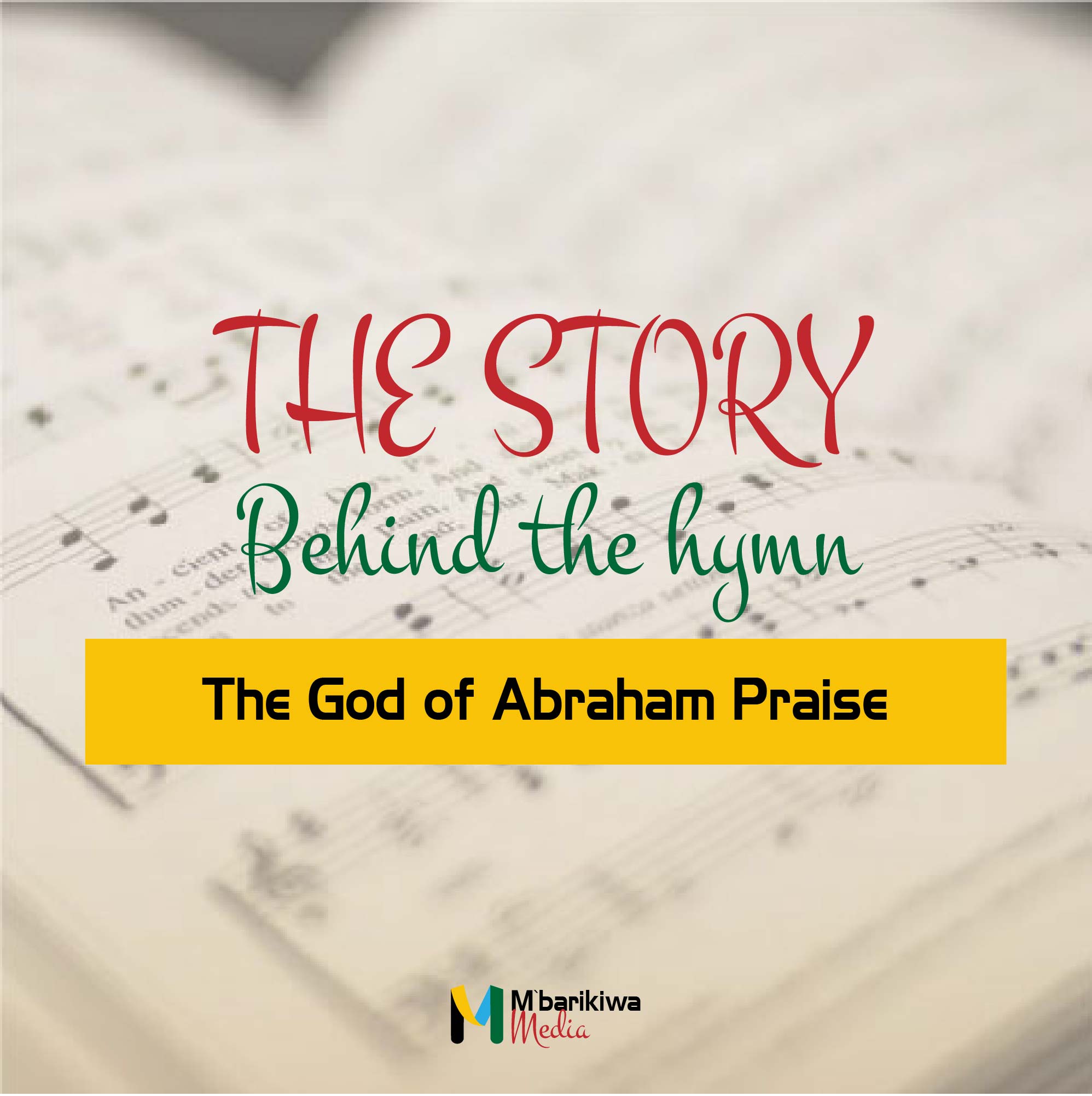The Hymn The God of Abraham Praise is a Christian adaptation of the well known Jewish hymn “Yigdal”, loosely translated and Christianised by the evangelist Thomas Olivers after a visit to the Great Synagogue of London in 1770. It was first published in 1772. Olivers was attending The Great Synagogue in London and heard Cantor Myer Lyon sing “Yigdal” in Hebrew during a service. Olivers then paraphrased and translated “Yigdal” into English and gave the hymn more of a Christian focus. He then asked Lyon if he could use the Jewish melody for the new hymn. Lyon gave him the music and Olivers named this hymn tune “Leoni” after Lyon. When he showed the new hymn to a friend, he annotated each line with scriptural references from The Bible. The title of the hymn was based on a verse in the Book of Exodus: “I am the God of thy Father, the God of Abraham”. (Exodus 3:6).
The composeition is this Jewish hymn is attributed by some sources to Daniel ben Judah. Daniel ben Judah was a Jewish liturgical poet, who lived at Rome in the middle of the fourteenth century CE. He was the grandfather of Daniel ben Samuel ha-Rofe, rabbi at Tivoli.
According to Luzzatto, Daniel ben Judah was the author of the well-known hymn “Yigdal Elohim Hai” containing the thirteen articles of belief of Maimonides. This poem, which forms part of the morning prayer among the Ashkenazim, and is sung by the Sephardim on the eve of Sabbaths and holy days, is included in the Romaniot ritual for Saturday evening.

Olivers, Thomas, was born at Tregynon, near Newtown, Montgomeryshire, in 1725. His father’s death, when he was only four years of age, followed by that of the mother shortly afterwards, caused him to be passed on to the care of one relative after another, by whom he was brought up in a somewhat careless manner, and with little education. He was apprenticed to a shoemaker. His youth was one of great ungodliness, through which at the age of 18 he was compelled to leave his native place. He journeyed to Shrewsbury, Wrexham, and Bristol, miserably poor and very wretched. At Bristol he heard G. Whitefield preach from the text “Is not this a brand plucked out of the fire?” That sermon turned the whole current of his life, and he became a decided Christian. His intention at the first was to join the followers of Whitefield, but being discouraged from doing so by one of Whitefield’s preachers, he subsequently joined the Methodist Society at Bradford-on-Avon. At that town, where he purposed carrying on his business of shoemaking, he met John Wesley, who, recognising in him both ability and zeal, engaged him as one of his preachers. Olivers joined Wesley at once, and proceeded as an evangelist to Cornwall. This was on Oct. 1, 1753. He continued his work till his death, which took place suddenly in London, in March 1799. He was buried in Wesley’s tomb in the City Road Chapel burying ground, London. Olivers was for some time co-editor with J. Wesley of the Arminian Magazine, but his lack of education unfitted him for the work. As the author of the tune Helmsley, and of the hymn “The God of Abraham praise,” he is widely known. He also wrote “Come Immortal King of glory;” and “O Thou God of my salvation,” whilst residing at Chester; and an Elegy on the death of John Wesley. His hymns and the Elegy were reprinted (with a Memoir by the Rev. J. Kirk) by D. Sedgwick, in 1868.
“The God of Abraham Praise” was first published as a leaflet titled “A Hymn to the God of Abraham” in 1772. It was later published nationwide by Wesley in the Methodist hymnal “Sacred Harmony”. The hymn later made it to the United States after being published in Joshua Leavitt’s “The Christian Lyre”. The hymn was composed by Olivers with thirteen verses however later reprints of the hymn omit a number of them with the majority of hymn books using four verses.
References
wikipedia.org
hymnary.org

